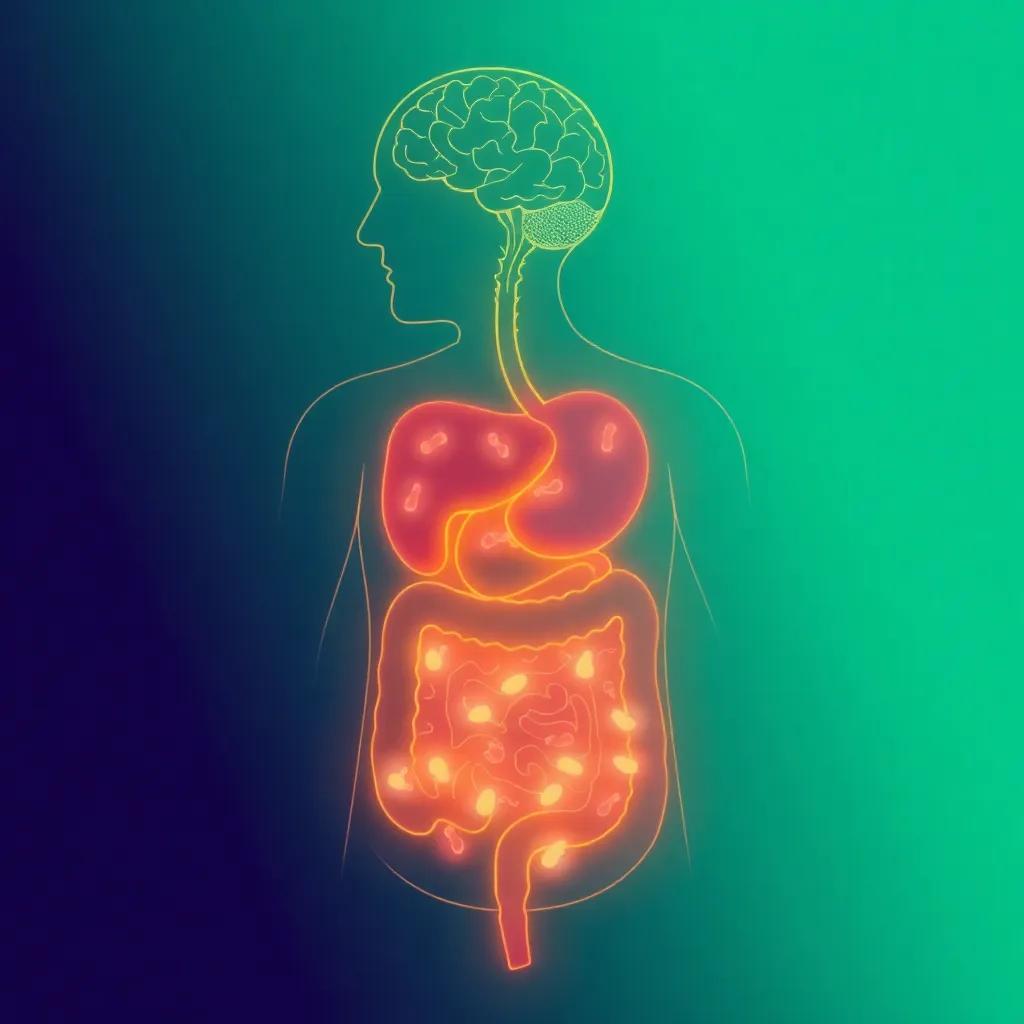Exploring how the timing of probiotic intake influences gut-brain axis function, mental health, and sleep quality based on recent scientific studies.
Recent studies reveal that the timing of probiotic intake can significantly impact gut-brain axis function and mental health.
The science of chrono-microbiome
Recent research has uncovered that our gut microbiota follows circadian rhythms, much like our sleep-wake cycles. A 2022 study published in Nature Microbiology
(DOI: 10.1038/s41564-022-01105-z) demonstrated that microbial communities in the gut fluctuate in composition and function throughout the day. These fluctuations are influenced by host feeding patterns, light exposure, and other environmental cues.
Dr. Eugene Chang from the University of Chicago explains: Our gut microbes have their own biological clocks that synchronize with ours. When these clocks are misaligned, it can lead to dysbiosis and various health issues.
This was reported in a press release from the University of Chicago Medical Center in March 2023.
Probiotic timing and strain specificity
Not all probiotics perform equally at different times of day. A 2023 study in Cell Host & Microbe
(DOI: 10.1016/j.chom.2023.01.003) found that Lactobacillus rhamnosus was more effective when taken in the morning, while Bifidobacterium longum showed better colonization when consumed in the evening. The researchers attribute this to variations in gut pH and bile acid composition throughout the day.
Dr. Maria Marco from UC Davis, in an interview for The American Journal of Clinical Nutrition
(February 2023), stated: We’re beginning to understand that probiotic efficacy isn’t just about what you take, but when you take it. Timing may be as crucial as strain selection.
Practical meal timing guidelines
Based on current evidence, here are some recommendations for timing probiotic intake:
- Morning: Fermented dairy products like yogurt or kefir with breakfast
- Afternoon: Fermented vegetables (sauerkraut, kimchi) with lunch
- Evening: Probiotic supplements or fermented beverages before bedtime
A 7-day sample meal plan with timing recommendations will be provided in the full article.
Connection to mental health
Several studies have linked evening probiotic consumption with improved sleep quality and reduced anxiety. A 2021 randomized controlled trial published in Translational Psychiatry
(DOI: 10.1038/s41398-021-01655-6) found that participants taking a specific probiotic blend before bed showed significant improvements in sleep quality and reduced morning cortisol levels.
Dr. John Cryan from University College Cork, a leading expert in the gut-brain axis, commented in a 2022 TEDMED talk: The gut microbiome doesn’t just influence our physical health – it’s in constant dialogue with our brain, affecting everything from our mood to our cognitive function.




